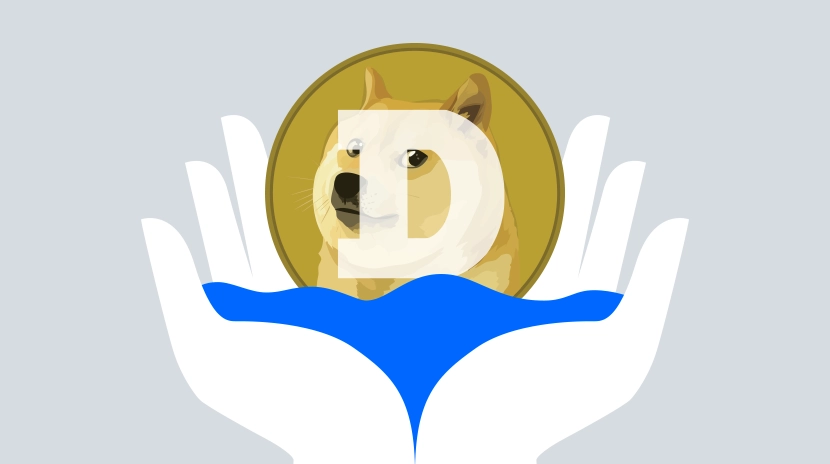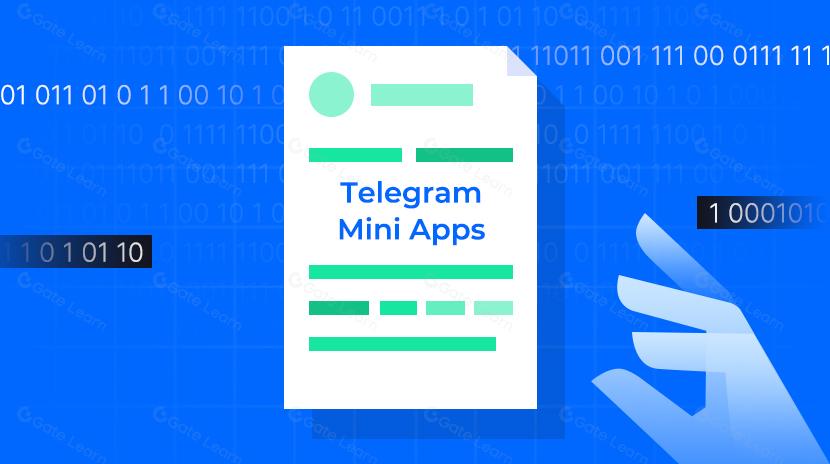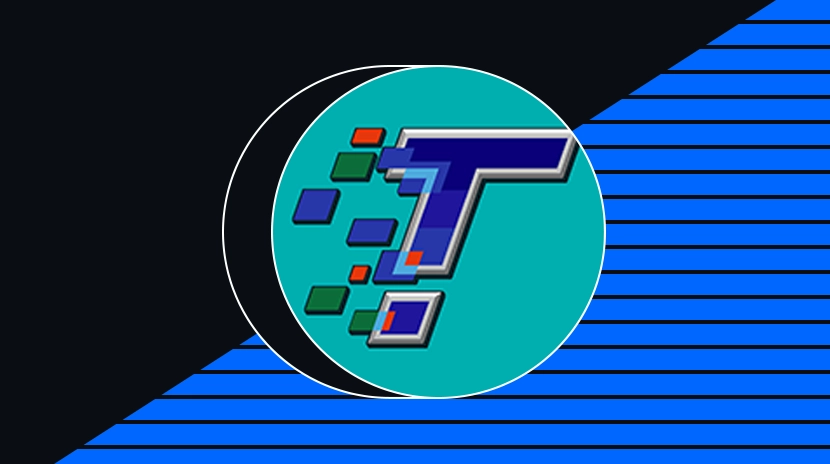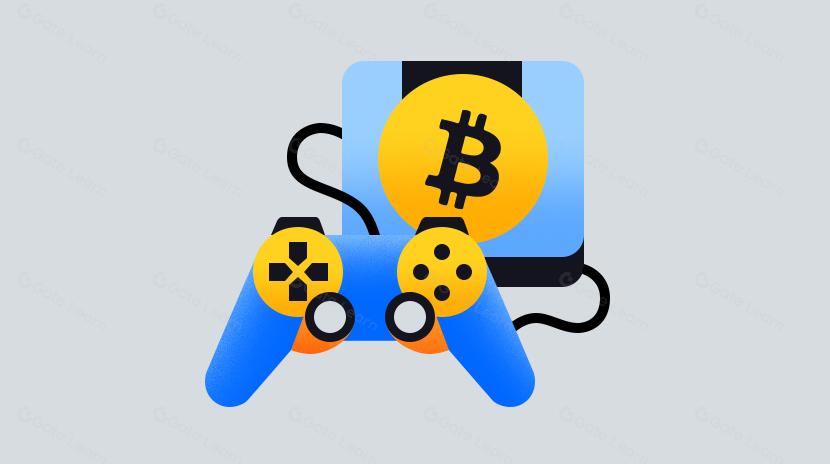يقود a16z، تتبع Coinbase: كيف يعيد Towns تشكيل النموذج الاقتصادي لـ Web3 Social
بروتوكول مفتوح لتطبيقات الرسائل في الوقت الحقيقي
بروتوكول المدن هو بروتوكول مفتوح المصدر مصمم لبناء تطبيقات المراسلة اللامركزية في الوقت الفعلي. وهو يتألف من سلسلة طبقة 2 متوافقة مع EVM وعقد ترحيل لامركزية خارج السلسلة ، منتشرة على Base. تمكن المدن المستخدمين من إنشاء حالات استخدام اتصال قابلة للبرمجة - يشار إليها باسم "المساحات" - بطريقة غير مصرح بها. هذه المساحات قابلة للامتلاك، وتدعم الاشتراكات على السلسلة (نماذج العضوية)، وأنظمة السمعة القابلة للتطوير، وتشفير الرسائل من طرف إلى طرف.

تم بناء بيئة بروتوكول Towns لتمكين الأشخاص من إنشاء وإدارة والمشاركة في المجتمعات الرقمية بطريقة آمنة وغير مشروطة. هدفه الرئيسي هو تقديم منصة قوية وآمنة ولامركزية تمنح المستخدمين السيطرة الكاملة على بياناتهم وخصوصيتهم وتفاعلاتهم داخل هذه الفضاءات الرقمية - مع حماية سمعتهم أيضًا.
في جوهرها، يوفر بروتوكول الرسائل Towns البنية التحتية الأساسية للتحقق ونقل الرسائل المشفرة بين المستخدمين. إنه يقدم نهجا مبتكرا للرسائل الجماعية الآمنة والخاصة. مصمم للاندماج بسلاسة داخل البنية التحتية للبلوكشين، يستغل البروتوكول التقنيات اللامركزية لتقديم تجربة رسائل عالية الجودة وغير مرخصة.
يتم حماية أذونات القراءة/الكتابة على Base، مما يتيح للبلديات تحقيق توازن في مستويات النشاط وإرسال رسائل إلى آلاف المشاركين بسرعة كبيرة كشبكات التواصل الاجتماعي المركزية. بينما كانت مصممة في البداية لتلبية مجموعة واسعة من حالات الاستخدام في الدردشة مع منطق الأعمال المدمج، تهدف البروتوكول إلى التطور إلى طبقة أساسية مجردة لجميع أنواع تطبيقات الرسائل المشفرة.
ميزات رئيسية
تتكون تاونس من ثلاث مكونات رئيسية:
أولها هو سلسلة المدن، وهو حلاً للبلوكشين من الطبقة 2 بني على الشبكة الأساسية OP، والذي يعمل كعمود فقري لبروتوكول رسائل المدن عن طريق توفير التوافق والأمان.
الثانية هي عقد الريلي، التي تتولى تدفق الرسائل داخل البروتوكول، بما في ذلك التحقق والتخزين والتشفير.
الثالث هو إدارة الإذن، المسؤولة عن إدارة أذونات المستخدم والتحكم في الوصول داخل الأماكن، مما يضمن بيئة اتصال آمنة ومنظمة.
تشبه الواجهة تلك التي في Discord، ولكن Towns لديها أيضًا جوانبها الفريدة الخاصة. تدعم صفحة تسجيل الدخول حسابات Google وTwitter، وحتى تتكامل مع منافسين مثل Farcaster، دون الحاجة إلى محفظة تشفيرية أصلية.

سلسلة تطبيقات مصممة لشبكات التواصل الاجتماعي
بروتوكول البلدات هو سلسلة مخصصة لتطبيقات معينة مصممة خصيصًا للشبكات الاجتماعية. يؤمن أذونات القراءة والكتابة بشكل منفصل على القاعدة، مما يتيح التنازلات في الأداء بحيث يمكنه إرسال رسائل إلى آلاف المستخدمين بسرعات تفوق الشبكات الاجتماعية المركزية.
أماكن التواصل التي يمكن امتلاكها
المبدعون يمتلكون حقًا الفضاءات التي يبنونها، وتكون هذه الفضاءات كأصول على السلسلة الرقمية.
المساحات القابلة للبرمجة
يتم نشر الفضاءات على السلسلة الرئيسية عبر واجهات قابلة للبرمجة، مما يسمح بقواعد مخصصة مثل من يمكنه قراءة أو كتابة. يمكنها أيضًا التكامل مع أي عقود خارجية متوافقة مع EVM.
عضوية على السلسلة مع رسوم بروتوكول مدمجة
يجب على المستخدمين الاحتفاظ برمز عضوية صالح لإرسال واستقبال الرسائل داخل المساحة. تتضمن تكاليف العضوية رسوم البروتوكول التي تساهم في تغطية تكاليف تشغيل الشبكة.
الرسم البياني الاجتماعي على السلسلة
الرموز الخاصة بالعضوية والمساحات يمكن اكتشافها على السلسلة، مكونة هيكل شفاف للشبكة الاجتماعية.
نظام سمعة قابل للتطوير
يتيح Towns المساحات القابلة للبرمجة حيث يمكن للأعضاء الحفاظ على درجات السمعة النظيرية ضمن المساحات الSPECIFIC. هذه الدرجات مرئية أيضًا على السلسلة.
الرسائل المشفرة من النهاية إلى النهاية
تكنولوجيا التشفير المتقدمة تضمن الاتصالات الآمنة والخاصة، وتحمي الرسائل المشتركة بين المرسل والمستخدمين المعتمدين.
الاقتصاديات الرمزية
وفقًا للوثائق الرسمية، يتم نشر رمز Towns على شبكة Ethereum الرئيسية بإمداد أولي من 10 مليار رمز. يخدم رمز Towns أغراض متعددة داخل نظام Towns Protocol، بما في ذلك التفويض لمشغلي العقد، والتفويض لعناوين Space، والمشاركة في الحوكمة.
يمكن تفويض رموز المدن إلى مشغلي العقد، الذين يعتبرون مكونات رئيسية في عمليات الشبكة. لكي يحصل مشغل العقد على موافقة الـ DAO ويبدأ العمليات، يجب أن يفي بحد أدنى من الرموز المفوضة، مما يضمن أن لديه مصلحة كافية في نجاح الشبكة وأمانها. يمكن توجيه التفويض مباشرة إلى عنوان مشغل العقد أو إلى أي عنوان Space صالح داخل الشبكة. يمكن للأماكن بعد ذلك توجيه الرموز المفوضة المستلمة إلى مشغلي العقد محددين، مما يوفر مرونة في استراتيجيات التفويض.
بالإضافة إلى التفويض وعمليات الشبكة، يلعب رمز Towns دورًا مركزيًا أيضًا في حوكمة Towns DAO. يمكن لحاملي الرموز المشاركة في عملية اتخاذ القرارات والتأثير على اتجاه وسياسات DAO.
من حيث التضخم، يتبع رمز Towns معدل تضخم سنوي أولي بنسبة 8%، والذي ينخفض خطيًا على مدى 20 عامًا إلى معدل نهائي قدره 2%. تُوزَع مكافآت التضخم كل أسبوعين على جميع مشغلي العُقَد النشطين. الصيغة لمكافأة كل فترة هي: (معدل التضخم السنوي / 26).
بالنسبة لرسوم توزيع المكافآت، يمكن لكل مشغل عقد العملات الرقمية تعيين نسبة رسوم خدمتهم الخاصة. يتم خصم هذه الرسوم من إجمالي مكافأة التضخم المخصصة لذلك مشغل العقد للفترة. تُوزع المكافأة المتبقية بالتساوي على الموكلين للعقد. ستطلق تاونز أيضًا وظيفتها للتحصين في المستقبل.
حتى الآن، لا توجد معلومات بخصوص أي توزيعات جوائز محتملة.
ملخص
الرئيس التنفيذي لبروتوكول البلدات هو بن روبين، رائد الأعمال ذو الخبرة المعروف بشكل أفضل كشريك مؤسس والرئيس التنفيذي لتطبيق وسائل التواصل الاجتماعي الشهير Houseparty وتطبيق البث المباشر Meerkat.

(روبن في الوسط)
يتم التعرف على روبين على عمله في بناء مجتمعات عبر الإنترنت مبتكرة وأدوات الاتصال في الوقت الحقيقي. تركزت مسيرته المهنية على استخدام التكنولوجيا لتعزيز اتصال وتفاعل المستخدم.
وفقًا للمصادر الرسمية، يمتلك Towns حاليًا ما يقرب من مليون عضو، وقد تجاوز إنفاق المستهلكين عبر محادثات Space 500،000 دولار. كما كانت إيرادات البروتوكول تنمو بثبات منذ بداية العام.

شهد قطاع الويب 3 الاجتماعي العديد من البروتوكولات تتألق لفترة وجيزة - مع إطلاق رؤى رائعة للتعطيل، فقط لتتلاشى بسرعة بسبب تقنية العراقيل، وانحسار المستخدمين، أو النظم البيئية المغلقة. وسط سوق العملات الرقمية البطيء، يبقى جذب المستخدمين لإنشاء والانضمام إلى محادثات جماعية - والأهم من ذلك، جعلهم يبقون - تحديًا أساسيًا يجب على جميع البروتوكولات الاجتماعية مواجهته.
إخلاء المسؤولية
تم نشر هذه المقالة مرة أخرى من [Gateبلوكبيتس]. حقوق النشر تنتمي إلى الكاتب الأصلي [1912212.eth، Foresight News]. إذا كانت هناك أي اعتراضات على إعادة النشر، يرجى الاتصال بالبوابة تعلمالفريق للتعامل السريع وفقا للإجراءات ذات الصلة.
تنويه: الآراء والآراء الواردة في هذه المقالة تعبر عن رأي المؤلف وحده ولا تشكل أي نصيحة استثمارية.
تمت ترجمة النسخ الأخرى من هذه المقالة بواسطة فريق Gate Learn. يُرجى عدم نسخ أو توزيع أو نسخ هذه النسخ المترجمة دون الإسناد السليم لGate.com.
المقالات ذات الصلة

نظرة عامة على العلاقة المعقدة بين ماسك و DOGE

أفضل 10 بودكاست صينية للعملات الرقمية لعام 2025

تطبيقات تيليجرام المصغرة: الثورة الكبيرة - رحلة من الويب2 إلى الويب3

فهم Tribe.run في مقال واحد

ما هي اللعبة للربح (T2E)؟
